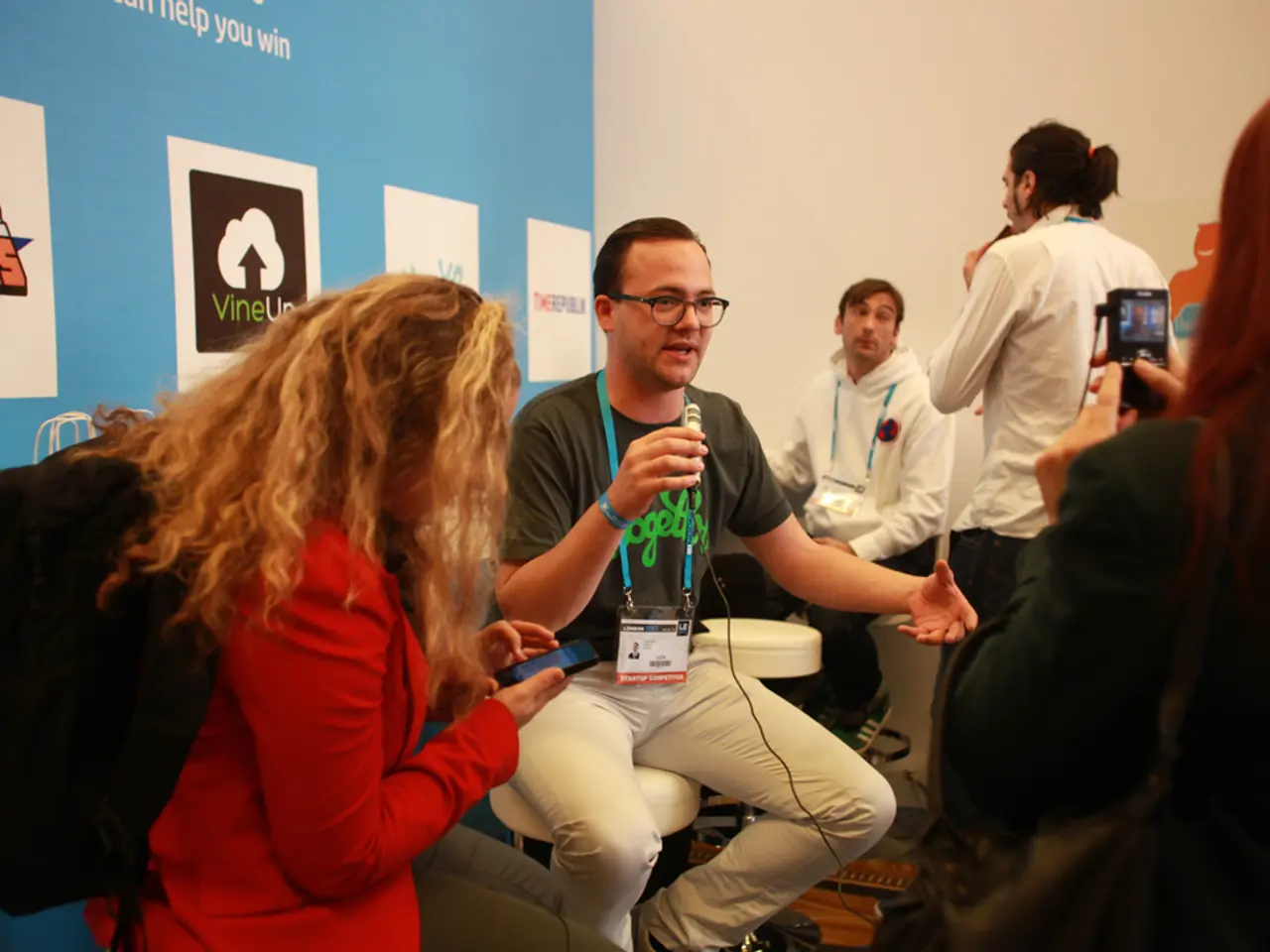Mastering Behavioral Interviews: Techniques and Tactics for Boosting Self-Assurance
In the world of job hunting, interviews can often be a source of stress and uncertainty. However, with the right preparation, you can approach interviews with confidence and reduce stress levels. Here are some tips and techniques to help you excel in behavioral interviews.
Self-care activities before an interview can significantly improve your confidence and reduce stress. Ensure a good night's sleep, a healthy breakfast, and a little exercise to boost your confidence and alleviate stress. Practicing affirmations can also nurture a positive mindset before an interview.
The STAR method is a useful structure for answering behavioral interview questions. This structured framework helps you provide clear, concise, and compelling answers by describing the context, your specific responsibility, the actions you took, and the measurable outcomes of those actions. To use the STAR method effectively, identify 8-10 key professional experiences that showcase competencies such as leadership, problem-solving, teamwork, or adaptability. For each experience, break it down into the STAR structure, practice storytelling, and tailor your stories to the job description and competencies relevant to the role you are applying for.
Behavioral interviews focus on past experiences to give interviewers insight into your personal and professional stories. Common behavioral interview questions often begin with phrases like "Tell me about a time when..." or "Can you describe a situation where...". Practicing responses to these questions can significantly improve your performance. Mock interviews with friends or family members can offer constructive feedback. Recording yourself while practicing can provide valuable insights into your performance.
Reframing the interview as a conversation rather than an interrogation can reduce stress and improve confidence. Treat the day of the interview as an important milestone, not an overwhelming event. Reflection after the interview is important for evaluating your performance, celebrating your strengths, and identifying areas for improvement. Each interview is a learning opportunity that can help in future progress.
Confidence isn't built overnight; it's cultivated through consistent practice and resilience. For more valuable information about the topic, you can explore the external site [https://www.dayone.careers/the-amazon-writing-sample/].
By following these tips and techniques, you can approach your next interview with confidence and showcase your skills effectively. Good luck with your job hunt!
[1] https://www.thebalancecareers.com/what-is-the-star-method-2061251 [2] https://www.indeed.com/career-advice/interviewing/star-method-for-interviewing [3] https://www.monster.com/career-advice/article/how-to-answer-behavioral-interview-questions [4] https://www.forbes.com/sites/tracybronze/2016/05/10/the-star-method-for-answering-behavioral-interview-questions/?sh=5204d7e36868
- To prepare for interviews, engage in self-care activities like a good night's sleep, healthy breakfast, exercise, and affirmations for a positive mindset.
- Use the STAR method to provide clear and compelling answers in behavioral interviews, focusing on key professional experiences that highlight skills like leadership, problem-solving, teamwork, or adaptability.
- Practice responses to common behavioral interview questions and consider mock interviews with friends or family for constructive feedback and self-assessment.
- Frame interviews as conversations, treating them as important milestones rather than overwhelming events, to reduce stress and improve confidence.
- Reflection after the interview is essential for evaluating performance, celebrating strengths, and identifying areas for improvement; each interview is a learning opportunity for future growth.
- By following these strategies, you can cultivate confidence and showcase your skills effectively during the job hunt process, with resources available at [1], [2], [3], and [4] for additional learning and skills training in interview preparation.




